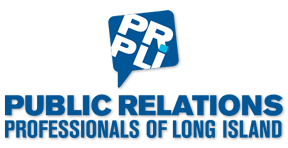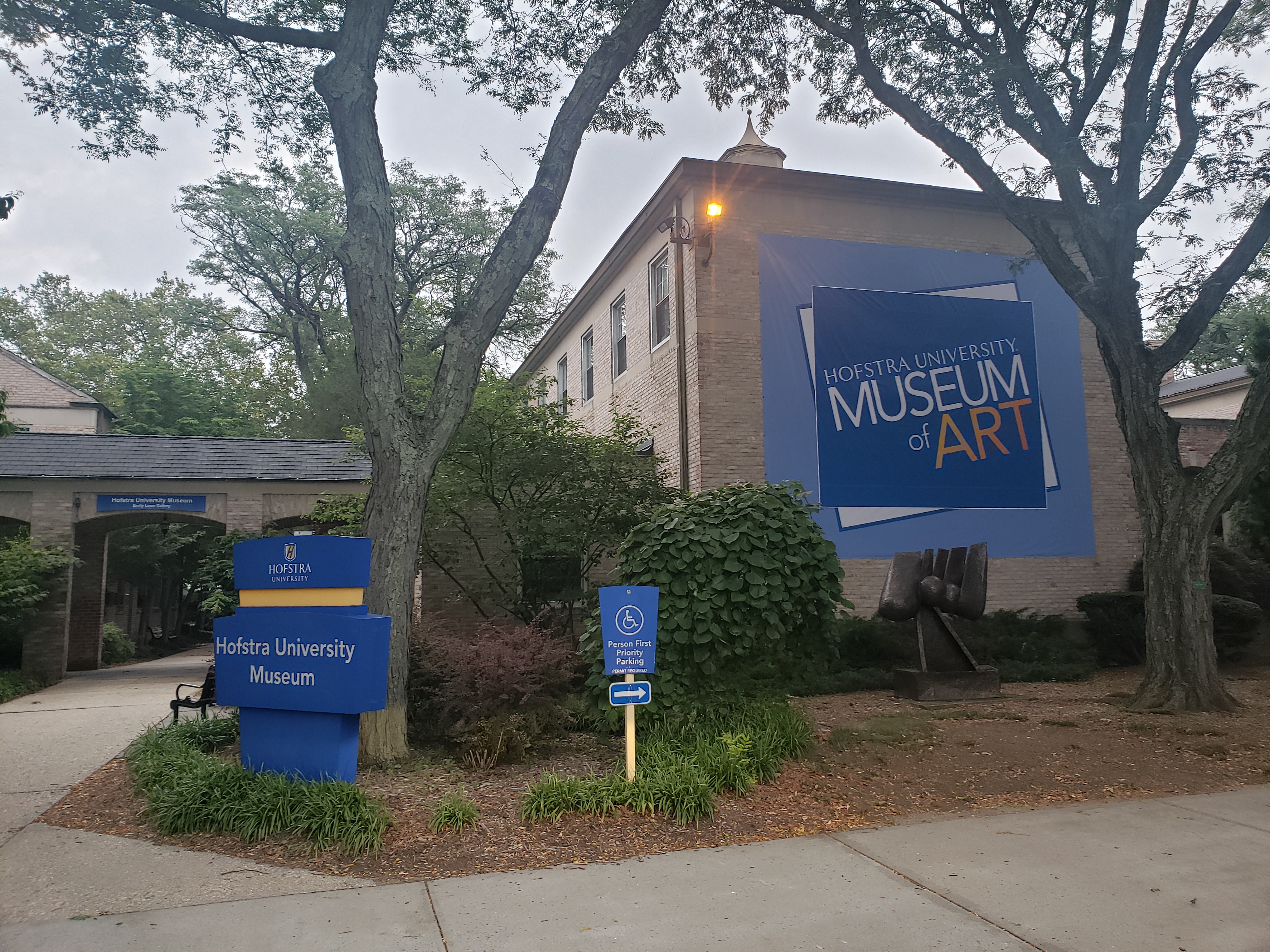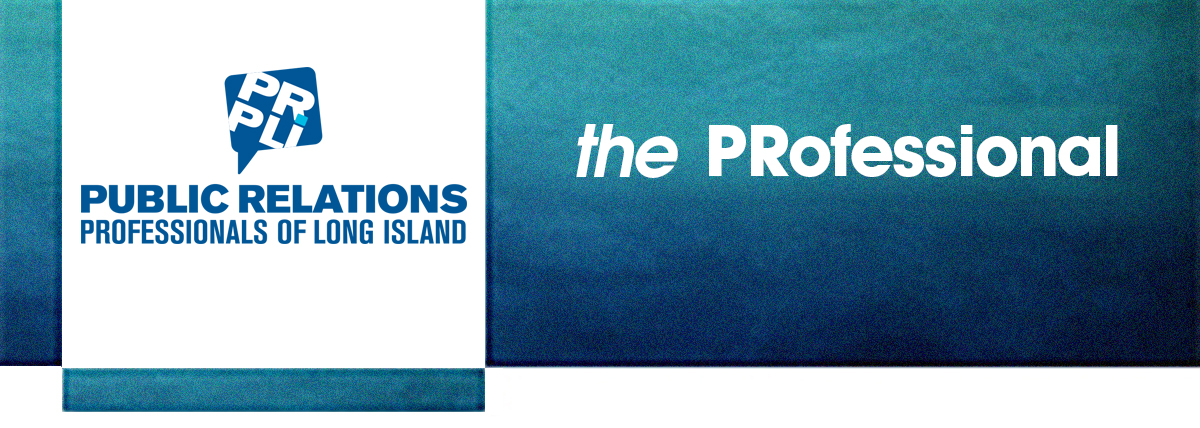Although this column will be published in the new year, at the time of writing it’s still December. The song Auld Lang Syne keeps calling me, and I take that as a sign that it wants to appear somewhere, here, in my 500 allotted words.
It’s a song about bidding farewell to the old year, and to old times, and it’s about old acquaintances should they be forgotten. That’s why I think this song won’t let me go. I refuse to forget some old acquaintances.
In 2012, PRPLI bestowed its Mentor Award to me. I remember speaking about my American history professor, Hugh Cleland, who influenced my education. In 1998, in his memory, family and friends gathered to plant a Japanese Cherry tree on campus outside his office window of the Social and Behavioral Science building at Stony Brook University where it still grows ever strong.
But there was another professor in my life who also greatly influenced me, my English professor, Diane Fortuna. She taught American literature: Emerson, Thoreau, and Melville, to name a few. She rattled off poems from memory, held conferences at her kitchen table over lemon cake and cups of coffee, and traveled the world when she was not in the classroom. She challenged us to produce the best that we could. She was demanding and fun and reminded us to watch old movies. I remained in contact with her for a little more than 30 years. She passed away in the fall.
If you have ever had the good fortune of having a professor who not only knows the material but also generously imparts it, then you can count that among one of the greatest experiences in life.
What made her unique? Well, she accepted no excuses for poorly written work. She even quizzed us on the footnotes. You had to be at the top of your game in her class. If she gave you an A, then you deserved that A. She knew her material, inside and out. One of our last conversations was a critique of a poem I had written. She always wanted to make you achieve more.
I’m often asked why I chose the field of public relations or what skill should a public relations practitioner have. I am sticking with my answer. It’s writing. It’s writing. It’s writing.
It’s also reading. For that love, I will add another teacher. She was my language arts teacher at a Catholic school in Astoria, Queens, back in the ’70s. Mrs. W. created the “Millionaire of the Month” club, which was a clever way of getting us to read many books to earn paper money to buy prizes at the end of each month. The kid with the most money could afford the best prize. I recently found Mrs. W. on Facebook, and I finally had the opportunity to tell her how much that meant to me. She replied, “This makes my heart sing.”
And so we come back to song. As Professor Fortuna always reminded us in class, “All writing is organic.” She drew a circle. The ending has to tie back to the beginning, and the beginning back to the ending.
Happy New Year.
Debra Scala Giokas earned her Bachelor of Arts in English from Stony Brook University and has worked in the field of public relations since 1987. She is writing a children’s book.
Speaking of Professors . . .
As an adjunct instructor professing journalism skills to young reporting apprentices at Stony Brook University, I have learned to respect one thing—the art of listening.
Many of my students practice it, though not all are that proficient in it, and others don’t practice it at all; those are the ones who are in a hurry to succeed, I suppose. But an anecdote from my college days reminds me that you can never rush success. It’s a lesson the non-listeners in the class will learn, sooner or later.
I’ve always been in a hurry. I walk fast, think fast (many times too fast), write fast, complete chores fast and complete my professional work fast.
Back in the day when I was taking journalism classes at Long Island University’s Brooklyn Center, I was completing a midterm in Professor Jacob Jaffe’s class. Professor Jaffe was the chairman of the Journalism Department at the Brooklyn Center and highly regarded in his field.
I don’t know what I was rushing to that day (I was also editor of my campus newspaper, Seawanhaka), but a few minutes into the test I got up, threw the completed test paper on Jaffe’s desk and sprinted out the door.
Halfway down the hallway, I heard Jaffe’s voice. “Mr. Gee-AHH-kiss! Mr. Gee-AHH- kiss!” Jaffe was a very formal guy and always referred to us by our last names, though he always mispronounced mine. I turned in amazement to see him walking briskly toward me.
“Mr. Gee-AHH-kiss, is something wrong?” he said.
“No, sir,” I said. “I … I’m finished.”
Jaffe briskly went through the test paper, reviewing it in short clips. He then looked up at me, took my hand and shook it as if he were pumping a well. “Mr. Gee-AHH-kiss,” he said, “you will succeed!”
I thanked him, smiled and ran back to the newsroom where I related the story to my staff, who so loved the “You Will Succeed” quote that they inscribed it in the back of a gold pocket watch they gave me as a gift when I graduated.
I don’t remember what I got on that test, but as I was building my journalism career over the years, I often recalled the encounter with Professor Jaffe in the hallway and the faith he had in me. I also wonder what he thought of me always being in a hurry. Truth is, my success in the field had nothing to do with speed. It had everything to do with listening to early mentors who encouraged me to succeed no matter what the circumstances.
George Giokas is chairman of the Board of HealthDay, president/CEO of StaffWriters Plus, Inc., an adjunct professor at Stony Brook University’s journalism department, and author of the young adult novel Nickel Ice. His food blog is at nickelice.com.






